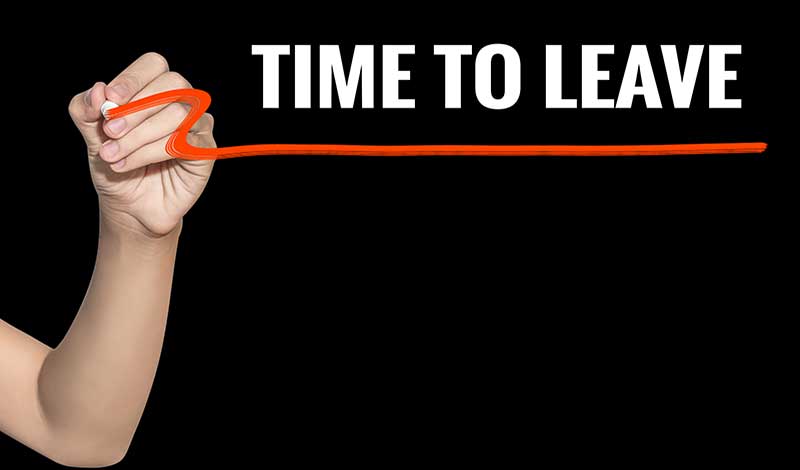Most parents envision their child going through the different stages of growth and development until they finally reach young adulthood and head off to college and their own independent life. Unfortunately, the bird does not always successfully emerge from the nest. For many different reasons, young adults begin to flounder and find it difficult to leave home and face real adult life with all of its pressures and responsibilities. Parents of troubled young adults often find it difficult to prevent themselves from enabling their child’s behavior.
Parents You Have a Choice: Enable Young Adults or Support and Detach
Finding the perfect balance between being an enabler and becoming detached is crucial for parents and the mental well-being of their young adult child. At the Crossroads sees this issue with many of our young adults. We feel shedding light on issues that are often kept in secret can help parents and their struggling children better understand how they can seek help for the issues holding them back in living self-sufficient, successful lives.
There are many reasons a young adult child finds the transition to adulthood to be more than they can handle. Often, there is an underlying mental health issue or drug and alcohol abuse to blame. With all of the work to inform young people about the dangers of drug use, it appears young adults are not fully getting the message. Drug use, particularly marijuana use, continues to rise among youth and has now surpassed smoking. Drugs play a huge role in limiting young adults from becoming independent.
Help Your Young Adult Reach Maturity and Not Push Them Towards Misery 
When a young adult is having difficulty facing life’s challenges, they often self-medicate. Parents often do not realize they are exacerbating the problem by “hovering” over their child. Naturally, parents worry when they see their child struggling, no matter what age they may be. Well-meaning parents often fall into the trap of becoming an enabler without realizing it. They try to keep peace at home and even take over their child’s responsibilities. While they believe they are helping their child, by showing their love and support, they are actually making it easier for the child to stay stuck in the mental trap they are in so they do not have to face reality and what being an adult entails.
For the enabler, life becomes extremely difficult. As they work to “save” their child, they lose themselves. To help a struggling young adult who cannot seem to extricate himself from the home, parents must work towards healthy detachment which can help wake up and prevent your home bound kid from being dragged down in the spiral of destruction.
Parents who are dealing with an young adult child at home and in a negative spiral can experience a range of emotions from anger to guilt. Healthy detachment means realizing that one has a right to feel the way they do and does not have to be sucked into the emotional roller coaster their addicted child tries to take them on. The first step in this process involves reaching the understanding that the addicted child has lost control and their subsequent behaviors are not directed at their parents and those who care for them. A valuable statement in the 12-step program is, “I didn’t cause it, I can’t control it, I can’t cure it.”
Related Article and Video: 5 Tips for Guiding Your Teen into Adulthood
https://www.atthecrossroads.com/FeedItem/5-Tips-for-Guiding-Your-Teen-into-Adulthood/




Recent Comments